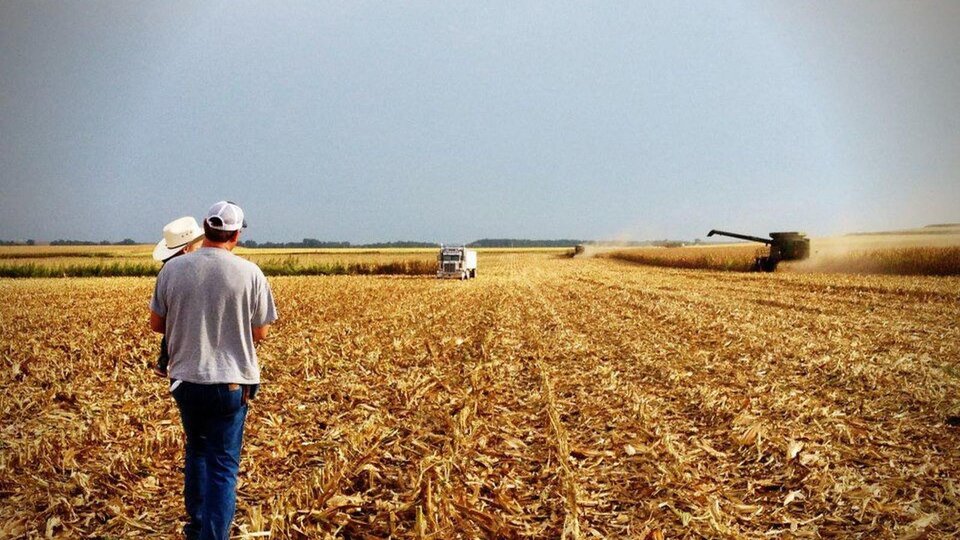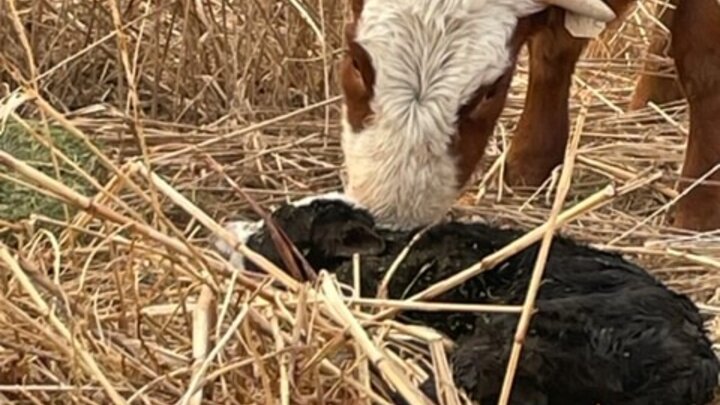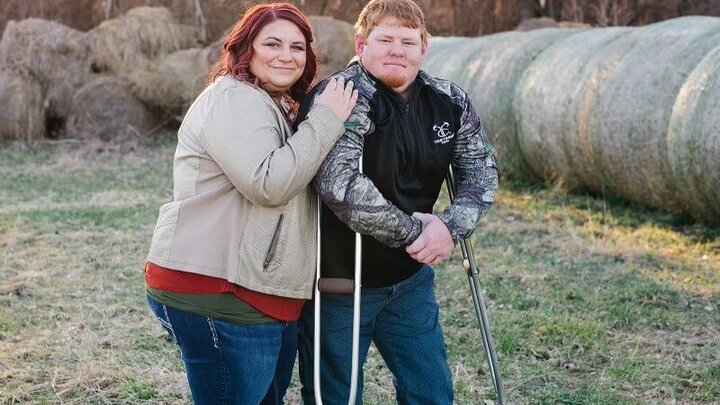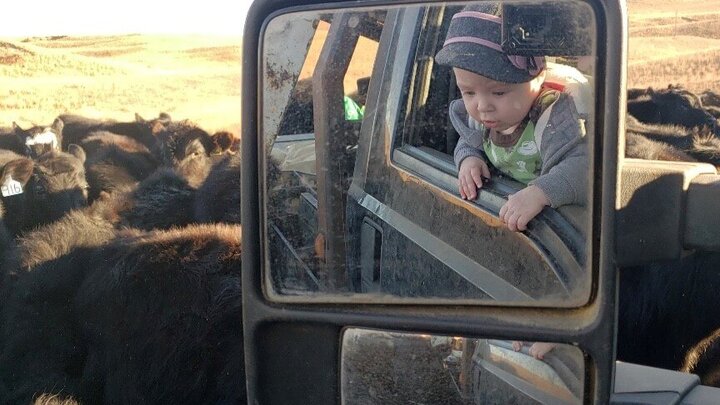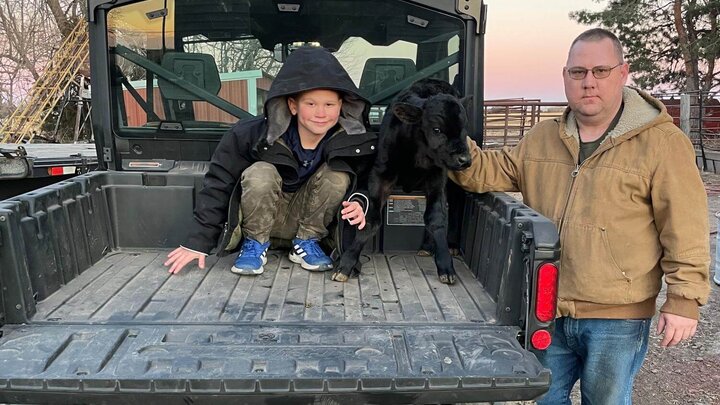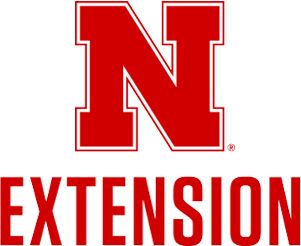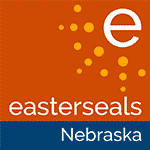Stressed? You are not alone.
Nebraska AgrAbility is a partnership of the University of Nebraska-Lincoln Extension and Easter Seals Nebraska.
Since 1995 Nebraska AgrAbility has helped individuals with disabilities overcome barriers to continue in their chosen agricultural profession.
The National AgrAbility Project and its state programs are supported by the United States Department of Agriculture (USDA) through a competitive grant process.
Nebraska AgrAbility staff Rod and Emily talk about what Nebraska AgrAbility is, how it can help farmers and ranchers with disabilities, and how sources like VR, NCBVI, and NCDHH can utilize our services for their clients as well on this YouTube Video.
News
Upcoming Events
Nebraska AgrAbility is a joint effort of the University of Nebraska Extension and Easterseals Nebraska. This work is supported by AgrAbility grant #2022-41590-38127 from the USDA National Institute of Food and Agriculture. Any opinions, findings, conclusions, or recommendations expressed in this publication are those of the author(s) and do not necessarily reflect the view of the U.S. Department of Agriculture.
